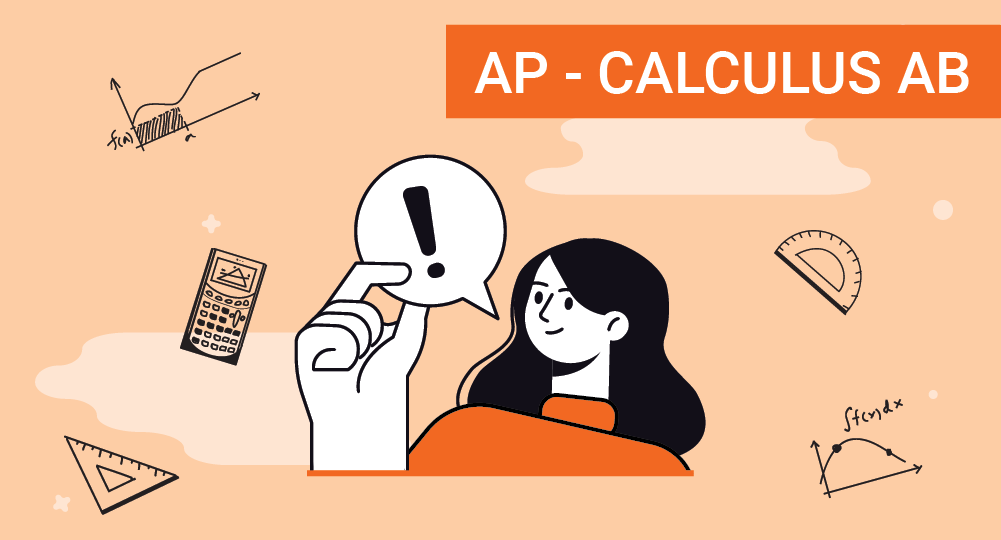
ACT
ACT or the American Collee Testing Exam is a standardised test for the admission to bachelor course from IVY league colleges. ACT exam evaluates the student on four major ares like Maths, Science, language and writing areas. ACT assesses the students' performance in punctuation, grammar, sentence strucure, etc, in Maths, it covers the student's mathematical skills.
Know more about ACT
ACT (American College Testing) is a standardized test used for college admissions in the United States. It assesses a student's knowledge and skills in English, mathematics, reading, and science reasoning. The ACT test is administered by ACT, Inc. and is accepted by most colleges and universities in the US.
The ACT test consists of four main sections: English, Math, Reading, and Science. Additionally, there is an optional Writing section that some colleges may require or recommend. Here are some key details about each section:
English (45 minutes): This section measures your understanding of English grammar, punctuation, usage, sentence structure, and rhetorical skills. It includes multiple-choice questions and a passage with underlined portions where you need to identify errors or make improvements.
Math (60 minutes): The Math section evaluates your mathematical skills in areas such as algebra, geometry, trigonometry, and basic statistics. It includes multiple-choice and grid-in questions that require you to solve problems and apply mathematical concepts.
Reading (35 minutes): In the Reading section, you'll be presented with four passages from various subjects and asked questions to assess your comprehension, interpretation, and analysis skills. The passages may include prose fiction, humanities, social science, and natural science.
Science (35 minutes): The Science section measures your scientific reasoning abilities rather than specific content knowledge. You'll be given several sets of scientific data, charts, graphs, and experiments, and you'll need to analyse and interpret the information to answer questions.
Writing (optional, 40 minutes): The optional Writing section requires you to write an essay in response to a prompt. It assesses your ability to develop a clear argument, support it with relevant evidence, and showcase your writing skills. While the Writing section is not included in the composite score, some colleges may require it for admission.
Test Pattern
| S No | Section | Number of Questions | Time Allotted |
|---|---|---|---|
| 1 | English | 75 | 45 minutes |
| 2 | Math | 60 | 60 minutes |
| 3 | Reading | 40 | 35 minutes |
| 4 | Science | 40 | 35 minutes |
| 5 | Writing* | Essay Prompt | 40 minutes |
*The Writing section is optional and does not include a specific number of questions. It requires writing an essay in response to a prompt
What you'll learn
- 1
Linear Equations and Functions and their graphical representation, polynomials, radical and rational functions.
- 2
Ratio, proportion, rate, percentage and data representation.
- 3
Plane geometry - Lines, angles, triangles and circles. Solid Geometry - 3D shapes, measurement of area and volume.
- 4
Evidence to support a claim, support the tone and purpose of the passage given by the author. Relationship between infographics and the passage.
- 5
Meaning of a word or phrase in context. Choice of words to set tone, style and meaning of the passage.
- 6
Improve the quality of writer's message. Development of main idea with support information like tables, graphs and charts. Improve precision, elimination of words, style, tone, combine sentences for effective presentation.
- 7
Building vocabulary and learning the meanings. Usage of words that appears most often Correct usage of grammar, recognizing the errors and correcting the sentence structure. Incomplete sentences and Subject - verb agreement. Use of right punctuations like commas, question marks, capitalization, etc.
- 8
Cell biology that covers the cell structure and functions. Ecology and biological evolution along with genetics.
- 9
Astronomy, Oceanography and matereology along with environmental issues. Energy and matter interaction, mechanics and electromagnetism Physical chemistry related to states of matter, atomic structure, chemical reactions, acids, and bases.
Skills you'll learn
Learn to simplify expressions, solve equations, factor polynomials, and work with functions and their properties
Apply geometric properties and theorems to solve problems and use trigonometric functions to analyze relationships in triangles and other geometric figures
Develop skills in utilizing the calculator effectively for calculations, graphing, and data analysis, while also strengthening their ability to solve problems without calculator support
Should be able to analyze and interpret the provided information and use it to support your argument
Complete understanding of punctuations and its usage in writing
Will develop scientific and reasoning skills. Ability to interpret and analyze scientific information presented in graphs, charts and diagrams
Evaluate scientific hypothesis and arguments
Standard English conventions like sentence structure, usage of basic grammar rules















